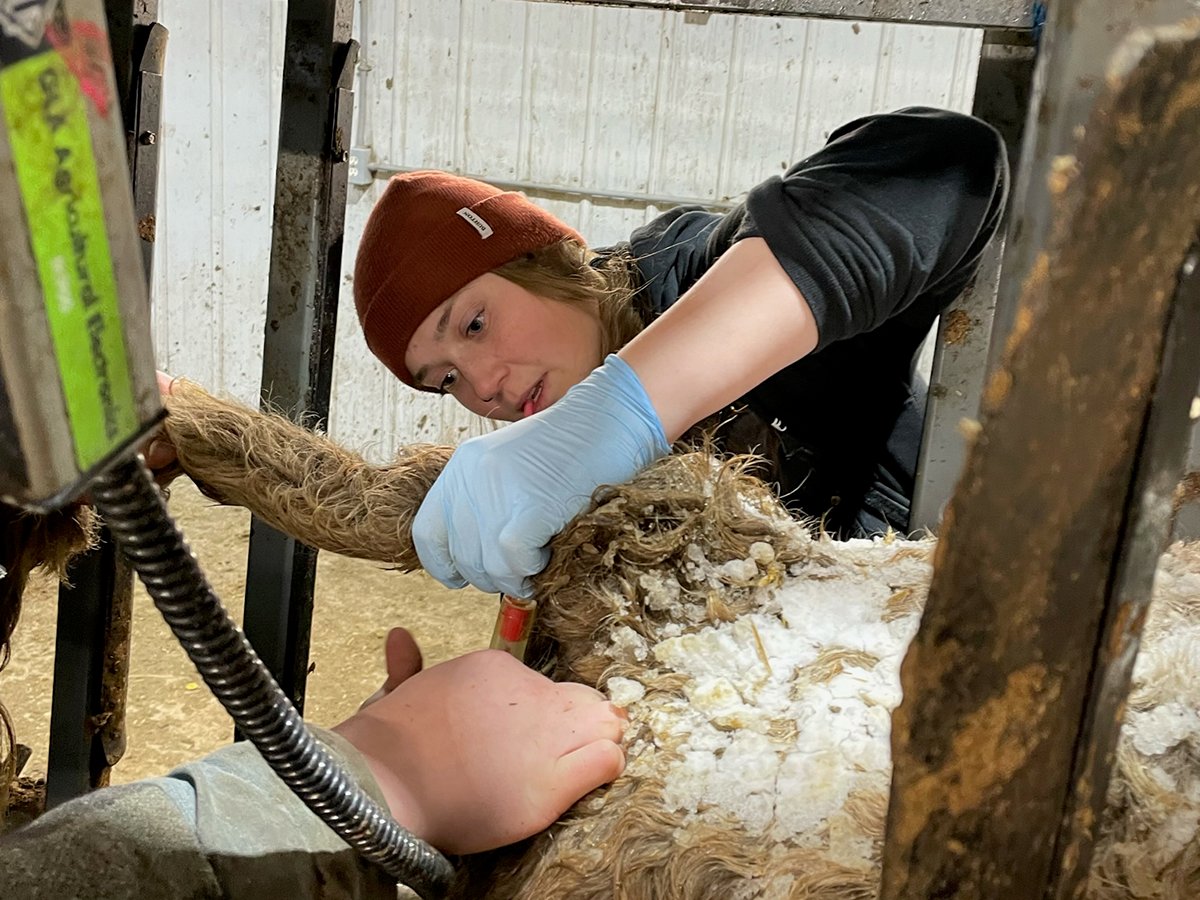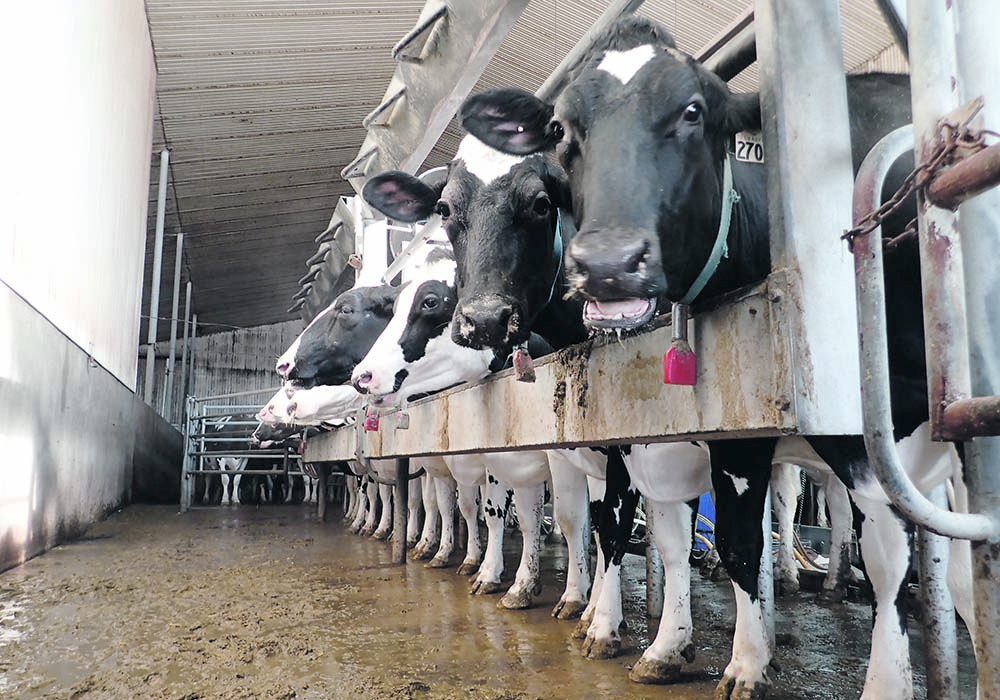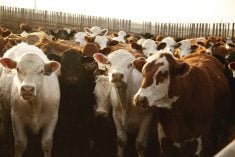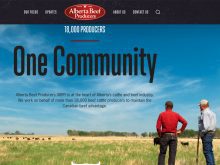Glacier FarmMedia – Canadian cattle owners are being urged not to take animals across the U.S. border to participate in agricultural shows due to ongoing bird flu outbreaks in American dairy herds.
On Sept. 16, the Canadian Food Inspection Agency released new guidance for beef and dairy producers, given the still climbing number of cases of highly pathogenic avian influenza south of the border.
“While we understand the traditional and business significance of attending these events, the current HPAI situation in the U.S. may pose a risk of introducing and spreading the virus into Canada and may negatively impact the health of your animals,” the agency said.
Read Also

Pen riders better than tech at detecting respiratory disease in feedlot cattle, says researcher
Katrina Garneau’s recent research found that pen riders are better than technology at flagging signs of BRD in feedlot cattle.
That particularly applied if there are any poultry or cattle participating from states where HPAI in cattle has been found, it added.
Producers who intend to travel with their cattle should be aware of event requirements and precautions against HPAI, the CFIA said. Some events may have testing protocols for cattle participants.
Dr. Leigh Rosengren, chief veterinary officer with the Canadian Cattle Association, believes producers will take the CFIA’s advisory into consideration when pondering whether to attend shows.
“It’s not the busy season right now for shows, so they have some time before they make their decision,” she said.
Since mid-August, cattle returning to Canada after less than 60 days in the U.S. must have documentation confirming the animals tested negative for avian influenza within seven days of travel. Lactating cattle have been subject to this testing since late April. The CFIA also recommends a 21-day isolation period for beef cattle re-entering Canada.
If farmers decide to participate and HPAI (or any other contagious disease) is detected at the event, or if there has been any case in the previous 60 days, they may be stuck. In that case, their cattle will be held in the U.S. for 60 days.
Dairy cattle face further requirements, including isolation, bulk tank testing and individual animal testing between 14 and 21 days post-return and a follow-up bulk tank test 30 days after animals are reintegrated into the herd.
The new requirements are a significant change that producers need to be aware of, Rosengren said.
The greatest concern is potentially infected dairy cows due to transmission of avian influenza through milk, Rosengren added.
















